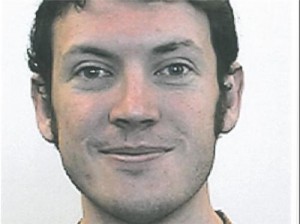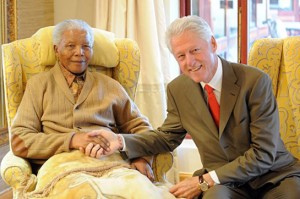 Albert Einstein once said “it has become appallingly obvious that our technology has exceeded our humanity.”
Albert Einstein once said “it has become appallingly obvious that our technology has exceeded our humanity.”
But Einstein made those comments long before Mother Nature flipped the technologically-enriched county of Japan over on its nose and left it crying “Ojisan.”
Watching one of the world’s great powers sagging like a clothesline under a wet wool blanket is downright disturbing. It’s sobering to see a nation that possesses all the whizzes, whistles and widgets created by mankind brought to a screeching halt.
That old adage “Shaken to our very core” takes on a whole new meaning in light of what is happening in Japan. How rapidly all that we think we know, all that we rely on day in and day out, falls away. For all of its mighty triumphs, in the end, technology fails us.
Buildings collapse or float downstream. Electricity shorts out. Trains sputter to a stop. The fortunate few able to get gas for their vehicles soon find those very same cars and SUVs incapable of maneuvering the roads blocked by debris. Fresh water becomes more precious than all the gold in China. Droids and iPhones alike die out. Text messaging is no longer good enough. We want to see those we love, to reach out and grasp them with trembling hands.
Speaking about the nuclear disaster underway as a result of the earthquake, Fukushima governor Yuhei Sato says his people “have reached their limits of fear and anxiety.”
We need help now, he pleaded.
And suddenly, all that really matters is somebody, anybody, somewhere nearby, saying, “Are you okay? Here, let me help you.”
The country with the highest life expectancy in the world and the highest rate of suicide among the 30 and under crowd has lessons to teach the rest of us.
Technology is a pretender: A false-hearted friend. The lover that leaves you when the money runs out. The father who abandons. The mother who betrays.
While there are many marvelous things about the ways in which technology is capable of connecting us, the bottom line is that community is not a by-product of technology – community exists because of our humanity.
And when the disaster hits, as it has for Chile, Japan, New Zealand, and Haiti before that, the thing we want, the thing we crave, the thing that we all cry out for is each other.
We want somebody to sit with us in our darkness.
Somebody to hold our hand. Somebody to pray with us. Somebody to sing with us. Somebody to bind our wounds. Somebody to weep with us over our dead. Somebody to remind us that tomorrow will come and with that new day, a hope renewed.
Lest in times like these, amidst our despair and desperation, we forget what Einstein feared we’d already forgotten: People matter.
More than anything.











